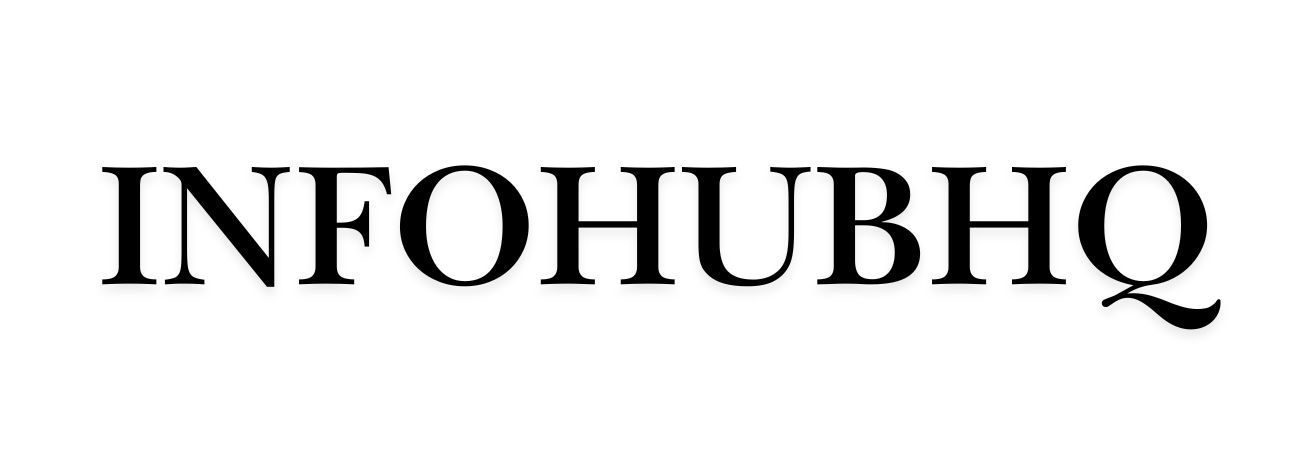The Importance of Dental Care for Seniors
As we age, maintaining oral health becomes increasingly important, not just for our teeth and gums, but for our overall well-being. Dental care tailored for seniors addresses unique challenges faced by older adults, such as increased risk of gum disease, tooth decay, and tooth loss. These issues can affect nutrition and quality of life, making it crucial to focus on preventive measures and regular dental check-ups.
One of the primary reasons why seniors require specialized dental care is the natural changes that occur with aging. For instance, gums may recede, exposing more of the tooth and its roots, which can lead to sensitivity and decay. Additionally, many seniors take medications that can reduce saliva production, leading to dry mouth, which further increases the risk of cavities and infections.
Regular dental visits are essential for early detection and management of oral health issues. Dentists can provide professional cleanings, fluoride treatments, and advice on effective oral hygiene practices tailored to the needs of seniors. Moreover, dental care for seniors often involves addressing the challenges of dentures and dental implants, ensuring they fit properly and function effectively.
In summary, dental care tailored for seniors is vital for preventing oral health issues and maintaining overall health. By understanding the specific needs of older adults and providing appropriate care, we can help ensure they enjoy a better quality of life.
Common Dental Issues Faced by Seniors
Seniors are more susceptible to a range of dental issues that can significantly impact their health and quality of life. Understanding these common problems is the first step in addressing them effectively.
One prevalent issue among seniors is gum disease, also known as periodontal disease. This condition is caused by the buildup of plaque and tartar, leading to inflammation and infection of the gums. If left untreated, it can result in tooth loss and has been linked to other health problems such as heart disease and diabetes.
Tooth decay is another common concern for seniors. As we age, the enamel on our teeth wears down, making them more vulnerable to cavities. Additionally, receding gums can expose the roots of teeth, which are not protected by enamel and are more prone to decay. Regular dental check-ups and proper oral hygiene can help prevent these issues.
Dry mouth, or xerostomia, is often experienced by seniors due to medications or medical conditions. Saliva plays a crucial role in neutralizing acids and washing away food particles, so a lack of saliva can increase the risk of cavities and gum disease. Dentists can recommend saliva substitutes or specific oral care products to help manage dry mouth.
Lastly, seniors who wear dentures or have dental implants may face challenges such as discomfort, improper fit, or difficulty chewing. Regular adjustments and maintenance by a dental professional can ensure these dental appliances function correctly and comfortably.
Effective Dental Care Practices for Seniors
Maintaining good oral hygiene practices is essential for seniors to prevent dental issues and promote overall health. Here are some effective strategies tailored for older adults:
- Brush at least twice a day with a soft-bristled toothbrush and fluoride toothpaste. This helps remove plaque and prevent cavities and gum disease.
- Floss daily to clean between teeth and under the gumline, where a toothbrush cannot reach. This reduces the risk of gum disease and tooth decay.
- Use an antibacterial mouthwash to help control plaque and reduce inflammation in the gums.
- Stay hydrated and consider using a humidifier at night to combat dry mouth. Chewing sugar-free gum can also stimulate saliva production.
- Visit the dentist regularly for check-ups and professional cleanings. Dentists can provide personalized advice and early intervention for potential issues.
- A balanced diet rich in vitamins and minerals supports oral health. Foods high in calcium and vitamin D, such as dairy products and leafy greens, strengthen teeth and bones.
By incorporating these practices into their daily routine, seniors can effectively manage their oral health and reduce the risk of dental problems. Tailored dental care not only addresses the unique needs of older adults but also enhances their overall quality of life.






